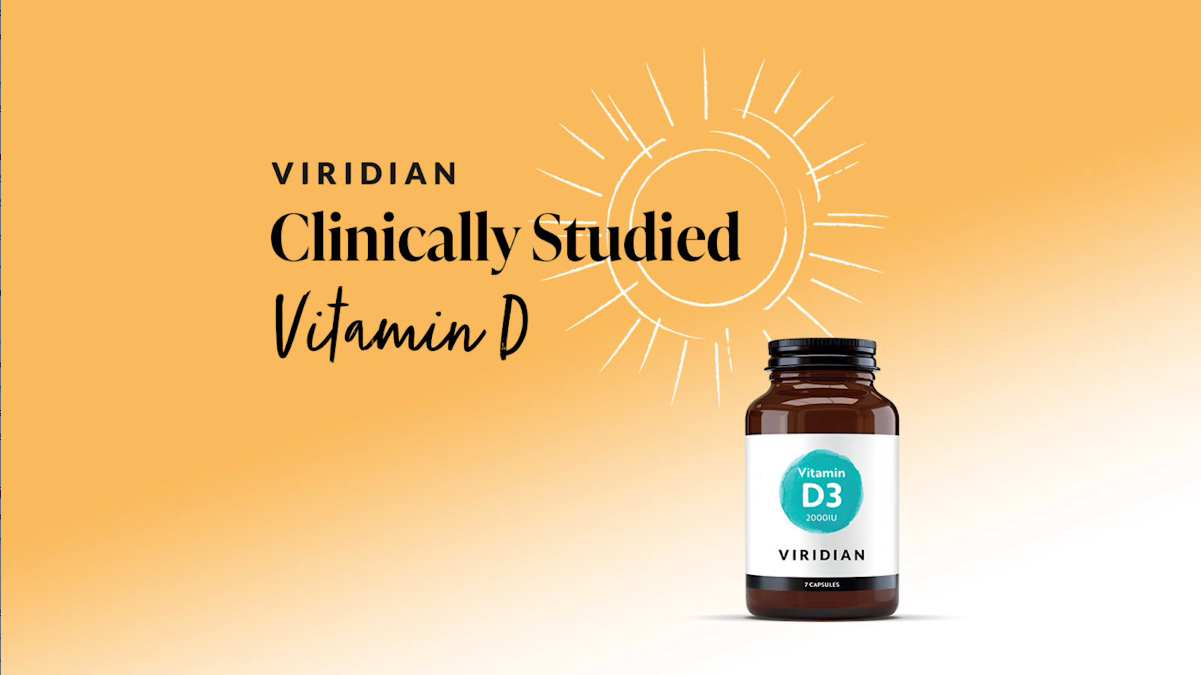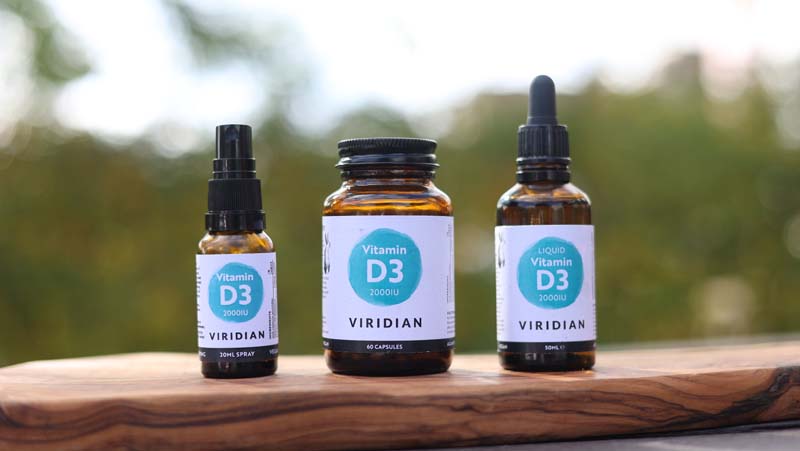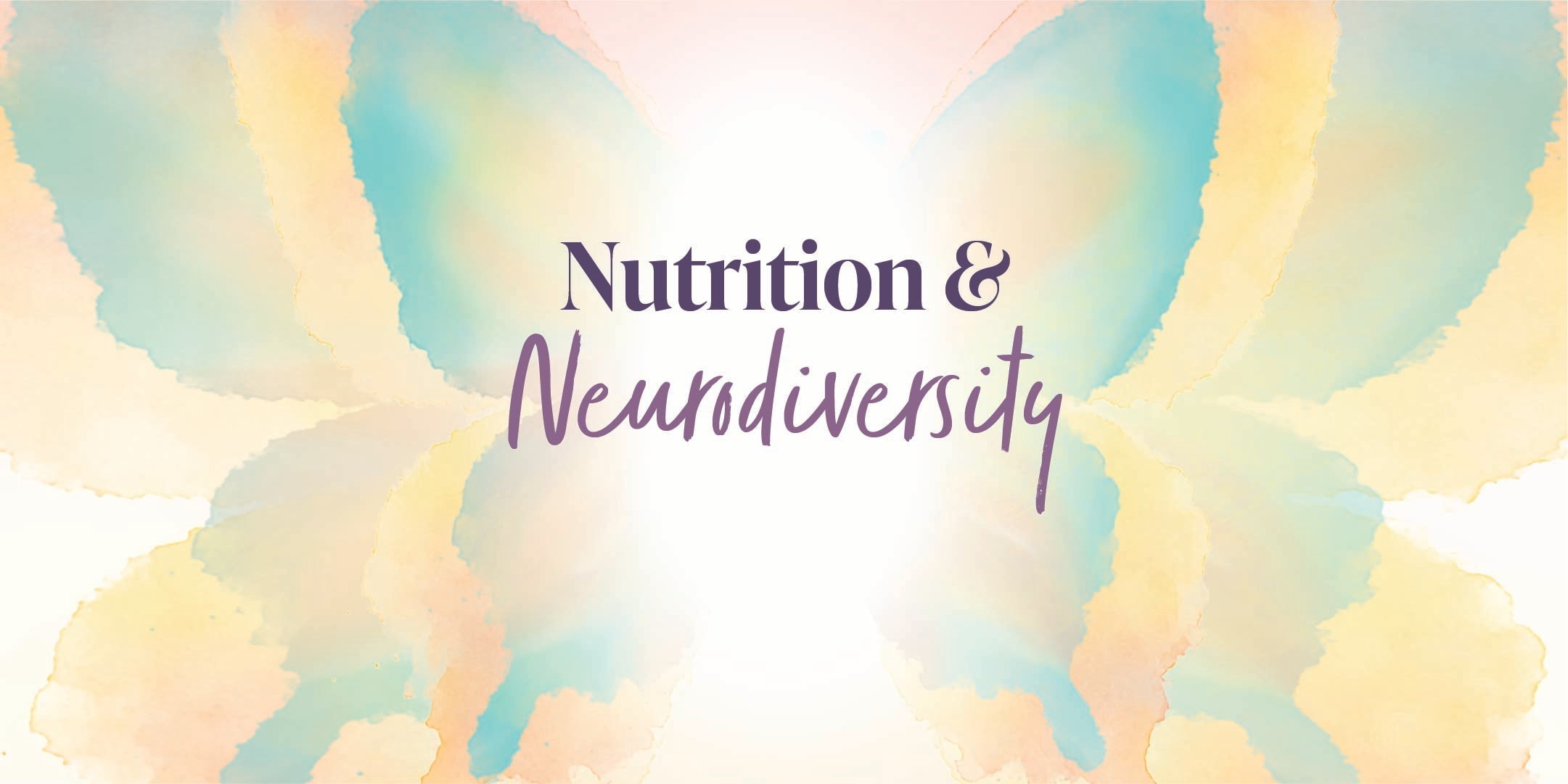
Holidays are arguably the highlight of anyone’s year and is great for quality family time and escape modern life and provide your children with experiences that will stay with the whole family for years to come. Planning a family holiday can be daunting, whether you’re travelling with a new-born or teenager, you have to ensure that you get the right balance between family fun and relaxation. To help anyone planning a family holiday this summer, we’ve put together some top tips to help you achieve the perfect trip.
How can I avoid my child from getting an upset tummy on holiday?
Follow these vital steps to help prevent your child from getting an upset tummy whilst on holiday.
1. It may sound obvious but regularly washing hands with soap and clean hot water is the simplest and most effective way of avoiding tummy upsets. Always wash your hands thoroughly before eating or handling food and after a visit to the toilet. If washing hands isn’t possible have some hand sanitiser handy just in case.
2. It is important to choose food and drinks carefully. Depending on where you are this might include eating only cooked foods that are served hot, and avoiding food that has been sitting on a buffet for a while as it may not be hot enough to kill bacteria growth. Avoid raw fish and seafood, and eating raw fruit and vegetables after washed in water if you aren’t sure of the waters safety.
3. Staying hydrated both during your flight and at your destination is vital. If you’re travelling somewhere and humid, it is essential to always have water available to keep hydration levels topped up. The NHS states that tap water should be avoided for drinking, preparing food, brushing teeth and making ice in countries that may have lower levels of hygiene. While an iced drink is lovely and cooling when it’s hot outside, it is best practice to avoid ice cubes in bars and restaurants as they may be made with tap water. Instead, choose canned or bottled drinks kept in the fridge or in a bowl of ice to keep cool. If you’re self-catering or have a fridge-freezer in your room, you can make your ice cubes with bottled water.
4. Supplementing with certain bacterial strains before you go can be a good idea, and also provide relief should you fall ill with a tummy bug.
For children aged 12 and over and adults, consider taking the yeast Saccharomyces boulardii 5 days before travel. Research has shown Saccharomyces boulardii can reduce the severity and longevity of traveller’s diarrhoea by neutralising bacterial toxins in the gut (1).
For younger children aged 12 months and over, look out for a dedicated supplement containing Lactobacillus Acidophilus and Bifidobacterium strains combined with vitamin C to support gut flora before you go and help provide relief for tummy upsets.
Will applying sunscreen block vitamin D?
Vitamin D is generated through sun exposure on the skin, and this is why Vitamin D is referred to as ‘the sunshine vitamin’. Sunscreen blocks a very high percentage of UV rays from the sun, which may reduce the amount of Vitamin D production from sun exposure.
Sunscreen is vital for protecting skin of all ages but you can top up vitamin D intake by opting for food containing vitamin D for example oily fish like salmon, considering supplementation.
How can I help my child sleep well on holiday?
To avoid disturbing your child’s sleep pattern, it is important to try and keep the same nap, bedtime and lifestyle routine, especially in European time zones. Other tips to help your child sleep well on holiday are to ensure the room is dark and cool, continue the habit of a bedtime story and avoid overstimulation and blue light before desired bedtime. If you’re travelling with young children, particularly those who are yet to start school, try and book your transport around sleeping patterns if possible. If your child has a regular nap time, see if you can find a flight that takes off just beforehand so they can sleep on the flight. If travelling across larger time zone differences try to adopt the new time zone as soon as you arrive.
What is the best natural way to overcome travel anxiety?
For older teens and adults, many nutrients can help support and overcome travel anxiety. Those with the most research include L-Theanine, Lemon Balm, Ashwagandha and Rhodiola.
L-Theanine is an amino acid that occurs naturally in green tea (Camellia sinensis) and has been shown to possess anti-stress, anti-depressant, neuroprotective, and cognitive performance-enhancing properties (2). Like a nice relaxing cup of tea, theanine works very fast.
Lemon balm has also been studied for its stress-relieving and mood-enhancing effects. An early investigation found that a single 600mg dose of lemon balm extract could reduce the negative mood effects of a stressful task and significantly improve feelings of calmness and alertness (3).
Ashwagandha, an ancient adaptogenic herb (Withania somnifera), has been used for rejuvenating abilities for over 3,000 years. Known as a calming adaptogen, it can be helpful for supporting the body to adapt and cope with stress. In particular, it is thought that ashwagandha may lower cortisol levels in the blood, which are released by the body during periods of stress (4).
Rhodiola is another adaptogen and can be helpful in, improving the body's response and adaptation to stress. More stimulating than ashwagandha, it may help support physical and mental fatigue and anxiety which are often part of stress. (5). Ideal for those aged 16+.
To find out more about supplements, lifestyle advice and natural options for the whole family, visit a health store via www.findahealthstore.com
Author: The Nutrition Support Team at Viridian Nutrition.
References:
- Kollaritsch H, Holst H, Grobara P, Wiedermann G. Prevention of traveller’s diarrhoea with Saccharomyces boulardii. Results of a placebo controlled double-blind study. Fortschr Med 1993;111:152-6. Cited in McFarland LV. Meta-analysis of probiotics for the treatment of traveller’s diarrhoea. Travel Med Infect Dis 2007;5(2):97-105.
- Kimura K, Ozeki M, Juneja LR, Ohira H. L-Theanine reduces psychological and physiological stress responses. Biol Psychol. 2007 Jan;74(1):39-45
- Kennedy DO, Little W, Scholey AB. Attenuation of laboratory-induced stress in humans after acute administration of Melissa officinalis (Lemon Balm). Psychosom Med. 2004 Jul-Aug;66(4):607-13.
- Chandrasekhar K, Kapoor J, Anishetty S. A prospective, randomized double-blind, placebo-controlled study of safety and efficacy of a high-concentration full-spectrum extract of ashwagandha root in reducing stress and anxiety in adults. Indian J Psychol Med. 2012 Jul;34(3):255-62. doi: 10.4103/0253-7176.106022.
- Todorova V, Ivanov K, Delattre C, Nalbantova V, Karcheva-Bahchevanska D, Ivanova S. Plant adaptogens—history and future perspectives. Nutrients. 2021;13(8):2861.
The information contained in this article is not intended to treat, diagnose or replace the advice of a health practitioner. Please consult a qualified health practitioner if you have a pre-existing health condition or are currently taking medication. Food supplements should not be used as a substitute for a varied and balanced diet.







